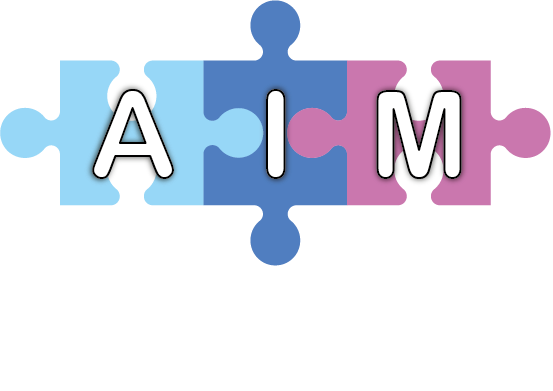My graduation ceremony tomorrow marks the conclusion of a counselling degree where I achieved a BA 1st Class Honours.
I put in as much effort as I could for the Degree. My drivers, “Try hard” and, “Be perfect” were often useful assets, other times crippling curses that I acquired when I was younger.
I have no idea of what, “Perfection” means, or if I ever achieved it. Sure, as each of the three years went by my marks steadily improved, as did my self-belief. But despite getting continuously high marks, I would often have to “check myself” when I felt anger for still not attaining “Perfection”, that I should have done better.
The 1st Class Honours award feels so much at odds with my self-concept in terms of my ability at the beginning of the course in September 2018. Because even at that stage despite two years of counselling training I still doubted my potential and was going to discontinue my degree. Thank goodness peer support, and guidance from tutors stopped me from not continuing with something I love.
I often ask myself, “Where does this self-doubt come from? Where is its root?”
A look at past academic reports reveals answers. I found my 40-year- old school reports today, gathering dust, irrelevant and no longer of importance. However, they were still relevant as they served to activate a range of emotions within me – anger, sadness, frustration, low self-esteem. Those old school reports provide a lens to how I created a self-concept as a teenager, based on the views of other people. They characterise how the past can often play a role in our present.
“They were disappointed with their exam mark. I thought they would be higher”
“Lower than average examination result. This appears to indicate that insufficient time has been spent learning the work covered”
“Work has been weaker this year because of a noticeable decline in effort”
“Has little ability and does the minimum to improve. A rather immature attitude to work”
“There has been a marked lack of effort here which has resulted in an attainment grade which is below average”
“Not making the effort necessary for success”
“ A very minimal report. More commitment required”
I tried at school. But the competitiveness of it, the hierarchies that existed within its culture such as, “Top, Middle and Bottom set” were very stigmatising. If you were good at sport, they loved you. If you were not, they unconsciously destroyed any desire to at least try. Feeling I was lower than average, with little ability, lacking effort and achieving low marks unconsciously created a sense of who I thought I was. I had no potential.
Curiously, the evidence that teachers views of me created a self-concept that I was not an achiever can be found from reports in even earlier years. During primary school, they were generally pretty good but as I approached the final years of secondary school, they got steadily worse. I did struggle, but in the end, gave up, I believed I had, “ Little ability”
Reflecting on those reports, the conditions of worth teachers placed upon me in my last years at school served to create a lifelong lack of self-belief. A self-concept I constantly consciously challenge.
I am looking forward to graduation, the end of an academic journey. But I suspect as I go on stage to collect my qualification, those teachers from the past will be whispering in my ear, trying to remind me I have no ability. However, the difference now is I am conscious of their impact upon me. And being self-aware allows me to dispute their evidence with an affirmation, “ I do have the capability, I can put in the effort necessary, my work is strong”.
And with that in my mind, those teachers, and the content of their reports can be retired to the past, they have lost their power over me.
